Sometimes when you stand face to face with someone, you cannot see his face

Sometimes when you stand face to face with someone, you cannot see his face
Mikhail Gorbachev, the former leader of the Soviet Union, is a prime example of someone whose true intentions and beliefs were often hidden behind a stoic and enigmatic facade. When standing face to face with Gorbachev, one could not always see his true face or understand the depths of his motivations.Gorbachev rose to power in the Soviet Union during a time of great political and social upheaval. His policies of glasnost (openness) and perestroika (restructuring) were seen as revolutionary at the time, and many believed that he was a reformer who sought to bring about positive change in the Soviet Union. However, as his tenure progressed, it became clear that Gorbachev's true intentions were not always as transparent as they seemed.
One of the most striking examples of this was Gorbachev's handling of the Chernobyl disaster in 1986. In the aftermath of the nuclear meltdown, Gorbachev appeared on television to address the nation and the world. His calm demeanor and reassuring words seemed to convey a sense of control and competence. However, behind the scenes, Gorbachev's government was scrambling to contain the disaster and downplaying the severity of the situation. It was only years later that the full extent of the cover-up was revealed, showing that Gorbachev's true face was not always visible to those who stood face to face with him.
Similarly, Gorbachev's role in the dissolution of the Soviet Union is another example of how his true intentions were often obscured. While he is often credited with bringing about the end of the Cold War and the collapse of the Soviet Union, some have argued that his actions were driven more by pragmatism and self-preservation than by a genuine desire for reform. Gorbachev's willingness to compromise and negotiate with Western leaders was seen as a sign of weakness by some hardliners within the Soviet government, leading to his eventual ousting from power.




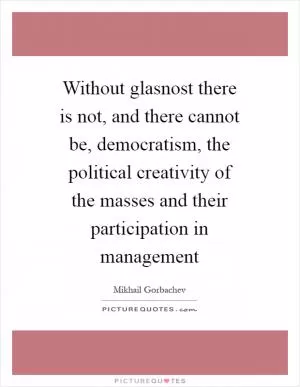
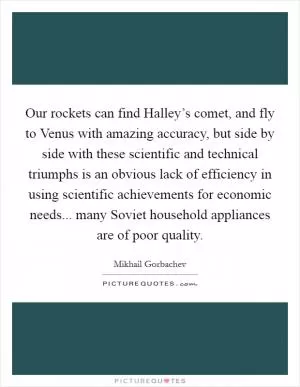
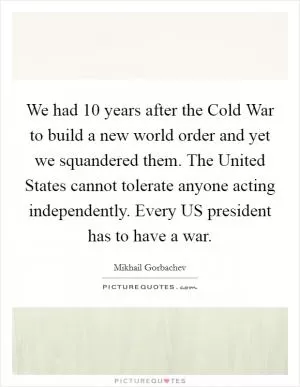
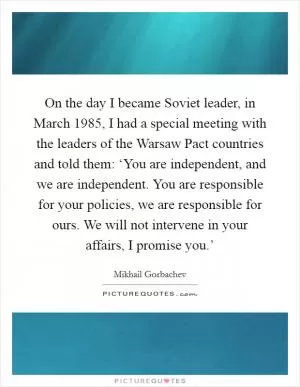
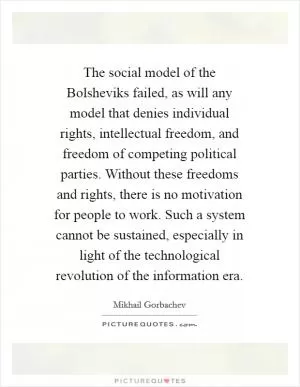
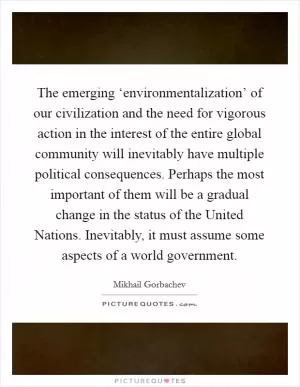
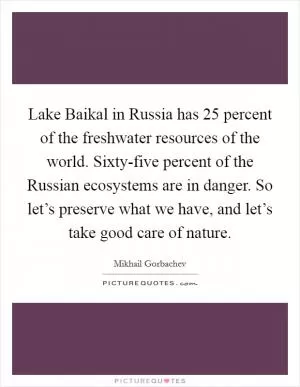

 Friendship Quotes
Friendship Quotes Love Quotes
Love Quotes Life Quotes
Life Quotes Funny Quotes
Funny Quotes Motivational Quotes
Motivational Quotes Inspirational Quotes
Inspirational Quotes